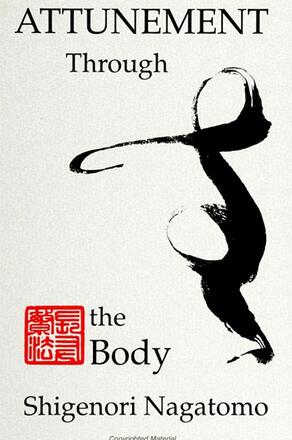
Attunement Through the Body
Alternative formats available from:
Description
Preparatory to restoring humaneness,Attunement Through the Body offers an innovative, philosophical model for overcoming mind-body dualism and its negative consequences through a systematic elucidation of the concept and the phenomenon of attunement. It invites readers to re-evaluate an undue emphasis placed on the cognitive, intellectual knowledge in the West.
The book examines the concept of the lived body and then articulates the transformative dimension of our everyday mode of living our bodies vis-a-vis Yuasa Yasuo's concept of body-scheme, demonstrating that the unity disclosed can be brought to a higher degree. The book further describes the transformative dimension of our bodies in theoretical and practical aspects through the concept of the body emerging in the course of meditational self-cultivation that was practiced by Dogen Kigen, a medieval Japanese Zen master.
It then develops an original philosophical theory that differs from various Western theories such as Idealism, Empiricism, and Materialism. This theory articulates modes of attunement reflecting degrees of somatic knowledge. The theory implies a lifestyle appropriate for the coming century.
Shigenori Nagatomo is Assistant Professor at Temple University. He is co-author of Science and Comparative Philosophy, and co-translator of The Body: Toward an Eastern Mind-Body Theory by Yuasa Yasuo, published by SUNY Press, and Toward Superconsciousness: Meditational Theory and Practice.
Reviews
"This book raises a completely new perspective on the relationship between consciousness, experience and the human body. It makes a compelling account of how our experience is carnate and then explores the rich philosophical implications of this insight. " Howard Eilberg-Schwartz, Stanford University
"The book deals with a highly original thesis in an innovative and insightful way. It is well written, soundly argued, and clearly presented. The author shows a good ability to illustrate abstract philosophical ideas with concrete, specific examples, and to handle themes from Japanese thought and Western phenomenology. " — Steven Heine, LaSalle University